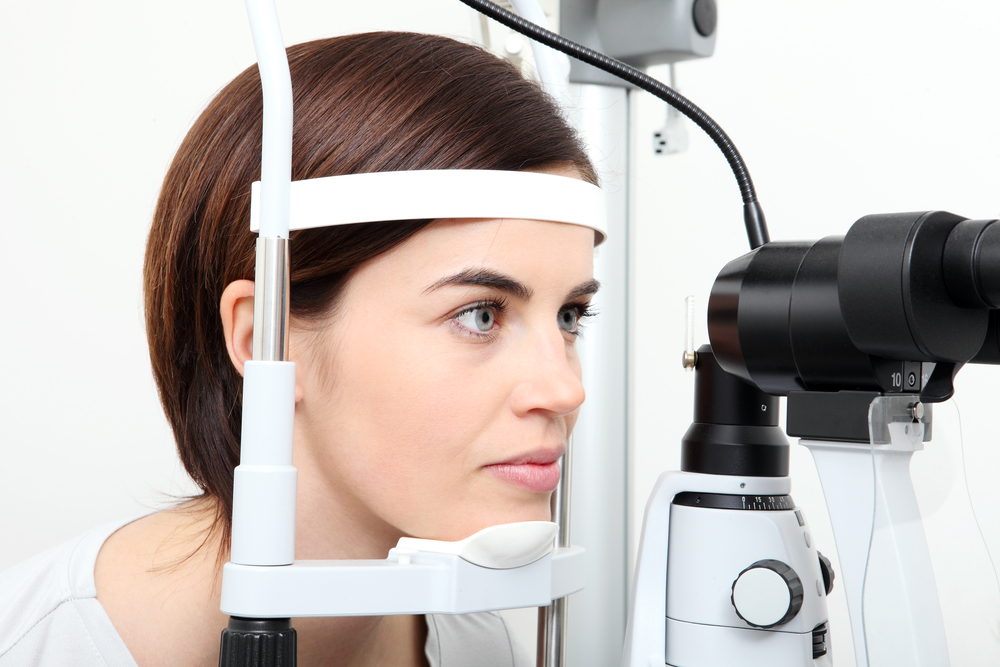
Your annual eye exam does more than check how clearly you can see. Optometrists can often spot early warning signs of serious health conditions just by examining the eyes. Because the blood vessels in the retina are so sensitive, even small changes can reveal larger issues happening throughout the body. That’s why an eye exam is not only about vision - it’s a critical part of protecting your overall health.
The Link Between Eye Health and Systemic Conditions
Both diabetes and high blood pressure affect blood vessels throughout the body. Because the eyes have some of the smallest, most delicate blood vessels, changes often show up here first. Regular eye exams allow optometrists to monitor these blood vessels for damage, leakage, or other abnormalities that can signal broader health concerns.
How Optometrists Detect Diabetes
Diabetes can damage the blood vessels in the retina, leading to a condition called diabetic retinopathy. During an eye exam, optometrists use advanced imaging technology such as optical coherence tomography (OCT) and digital retinal photography to check for:
• Tiny leaks in retinal blood vessels
• Swelling of the macula (the central part of vision)
• Early vessel changes that may not yet affect vision
Detecting these changes early is crucial, as diabetic retinopathy can progress silently without symptoms in its early stages.
How Optometrists Detect High Blood Pressure
High blood pressure can also cause noticeable changes in the eyes. Optometrists may identify signs such as:
• Narrowing or twisting of retinal arteries
• Hemorrhages (bleeding spots in the retina)
• Swelling of the optic nerve
These findings may indicate that hypertension is not being managed effectively, which can increase the risk of stroke, heart disease, and permanent vision loss.
Protect Your Vision and Health with an Eye Exam
Your eyes don’t just help you see the world - they can reveal important clues about your health. Our comprehensive exams are designed to look beyond vision correction and detect the earliest signs of systemic health problems like diabetes and high blood pressure.
Schedule your comprehensive eye exam with Drs. Dobbins & Letourneau Eye Care and take the first step toward early detection and long-term wellness. Contact our office in Lawrence, Kansas, by calling (785) 843-5665 to book an appointment today.







